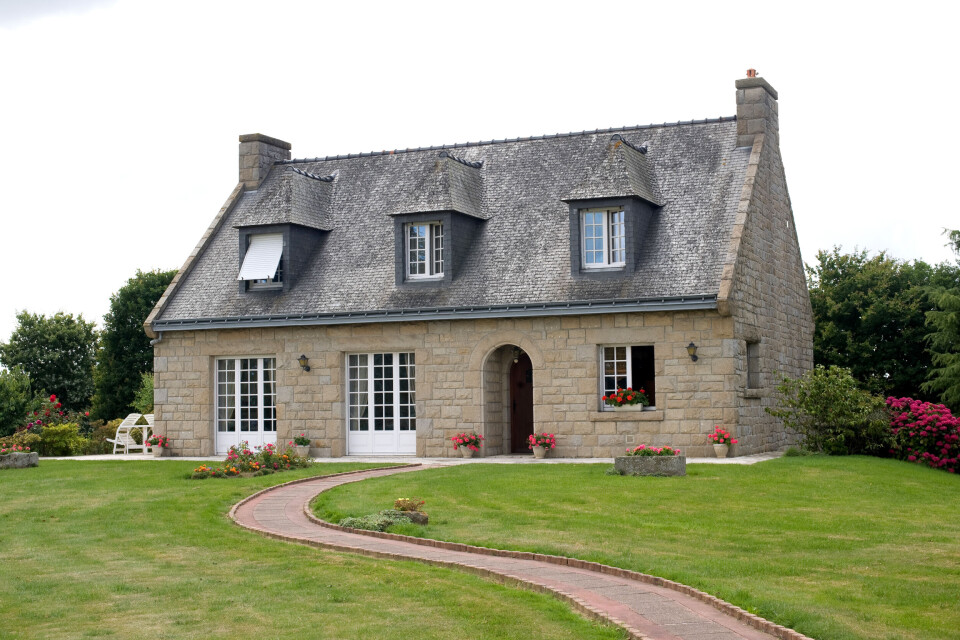-
€1.2m Dubai case ruling shows importance of knowing French tax residency rules
Couple ordered to pay backdated taxes to France
-
France finally passes 2026 budget - what it means for residents
Budget has measures to help homeowners and low earners but is more punitive to business and local authorities
-
Am I being overcharged on savings in France?
A reader writes about income tax demands on interest
French holiday homes face extra ‘empty’ tax
Moves to combat Airbnb-type tourist rentals of second homes have seen some communes agree to impose a surtaxe de la taxe d’habitation which can amount to an extra 60% on part of the tax.

It is a way of targeting empty holiday homes to bring more properties into the year-round rental market and ease housing shortages – as well as helping to make up for shortfalls from the ending of the taxe d’habitation on 80% of main homes.
The law allows communes facing housing pressures to increase their share of the taxe d’habitation on unoccupied furnished properties – holiday homes, seaside flats and mountain chalets.
Communes of over 50,000 residents can apply an annual surtax of between 5% and 60% if they are in zones where there is a housing imbalance with more people looking for homes than homes available.
This concerns 28 urban agglomérations and a total of 1,151 communes but a study by the website Toutsurmesfinances.com found that only 207 towns and villages had actually applied it, affecting 500,000 properties.
Its full list is at tinyurl.com/yd4fp25j and gives the percentage of surtax to be applied but you should check with your mairie for details. The share of taxe d’habitation that goes to the commune is given on the avis de taxe d’habitation.
A little over a dozen communes have already opted to charge the full 60% surtax but others say they will stiffen the measures they already have in place, most often a 20% charge.
You should check the situation with your council as it had to decide on the charging level before October 1 if it was to be applicable in 2019.
Paris has 30% of properties unlived-in in the centre of the capital with 215,000 homes vacant and has applied the 60% surtax since 2017 – but says it is not enough.
Jacques Baudrier, a councillor with responsibility for housing, said it brings in an average of just €600 per property and needs to be at least four times higher to persuade someone using it for just a few weeks a year to opt instead for a hotel.
Bordeaux mayor Alain Juppé has said he wants the 20% applied there to rise to 50% while Nice on the Riviera has voted to charge 60% in 2019.
Owners of furnished properties do not pay the extra tax if they are forced to live away from their main home due to work, if they live in a care home, or if they cannot use the property for a specified reason (perhaps uninhabitable or scheduled for demolition).
If this is your situation, you should lodge a réclamation via the Impots.gouv.fr website, by letter or at your Centre des finances publiques. This should be done before the end of 2019 and it is best to pay the surtax demanded in case your claim
is refused – as you face paying a penalty on the unpaid surtax.
Unfurnished properties are exempt from taxe d’habitation and the surtaxe but may still be taxed under the taxe annuelle sur les logements vacants if they are habitable (have water, electricity and toilet facilities).
























